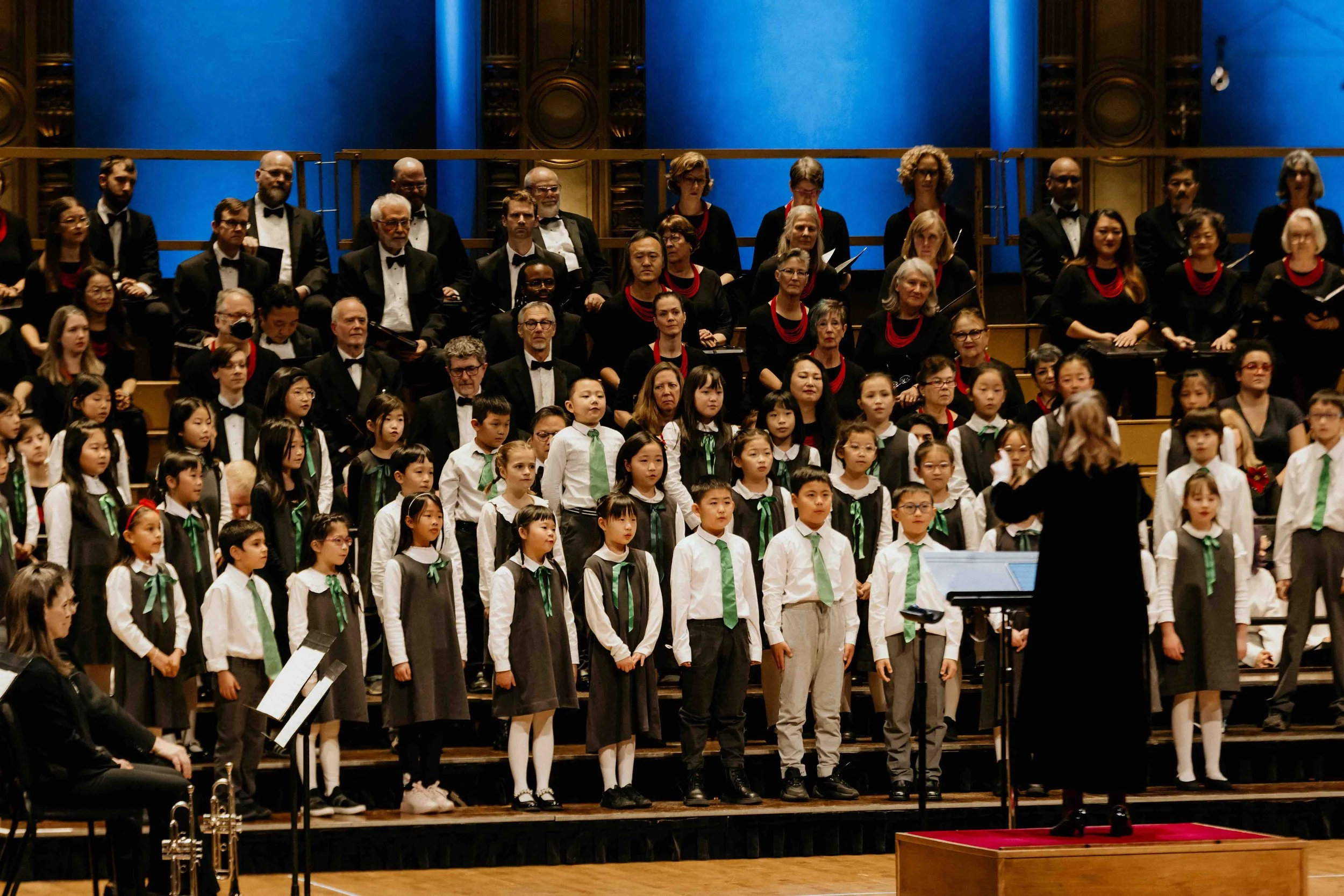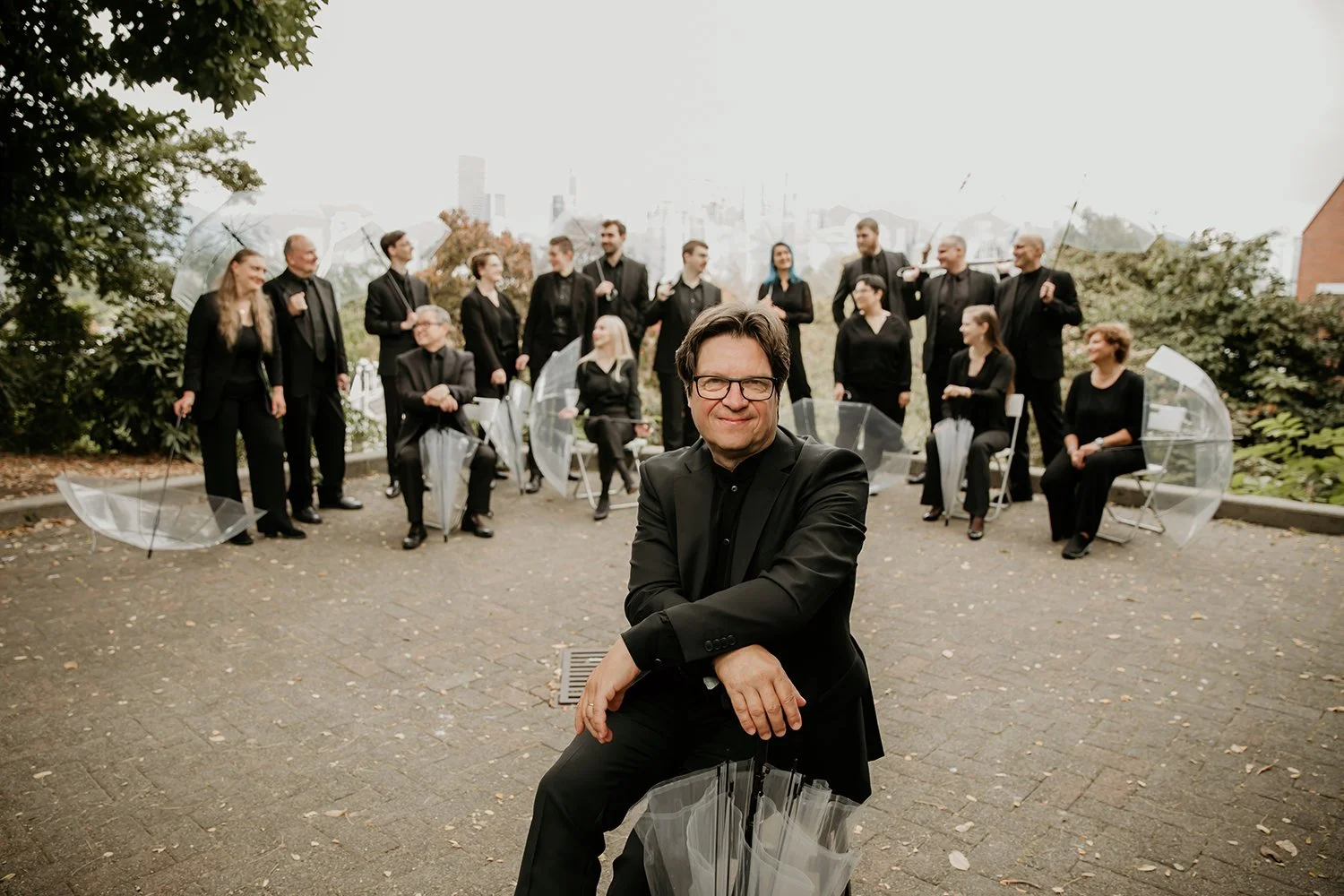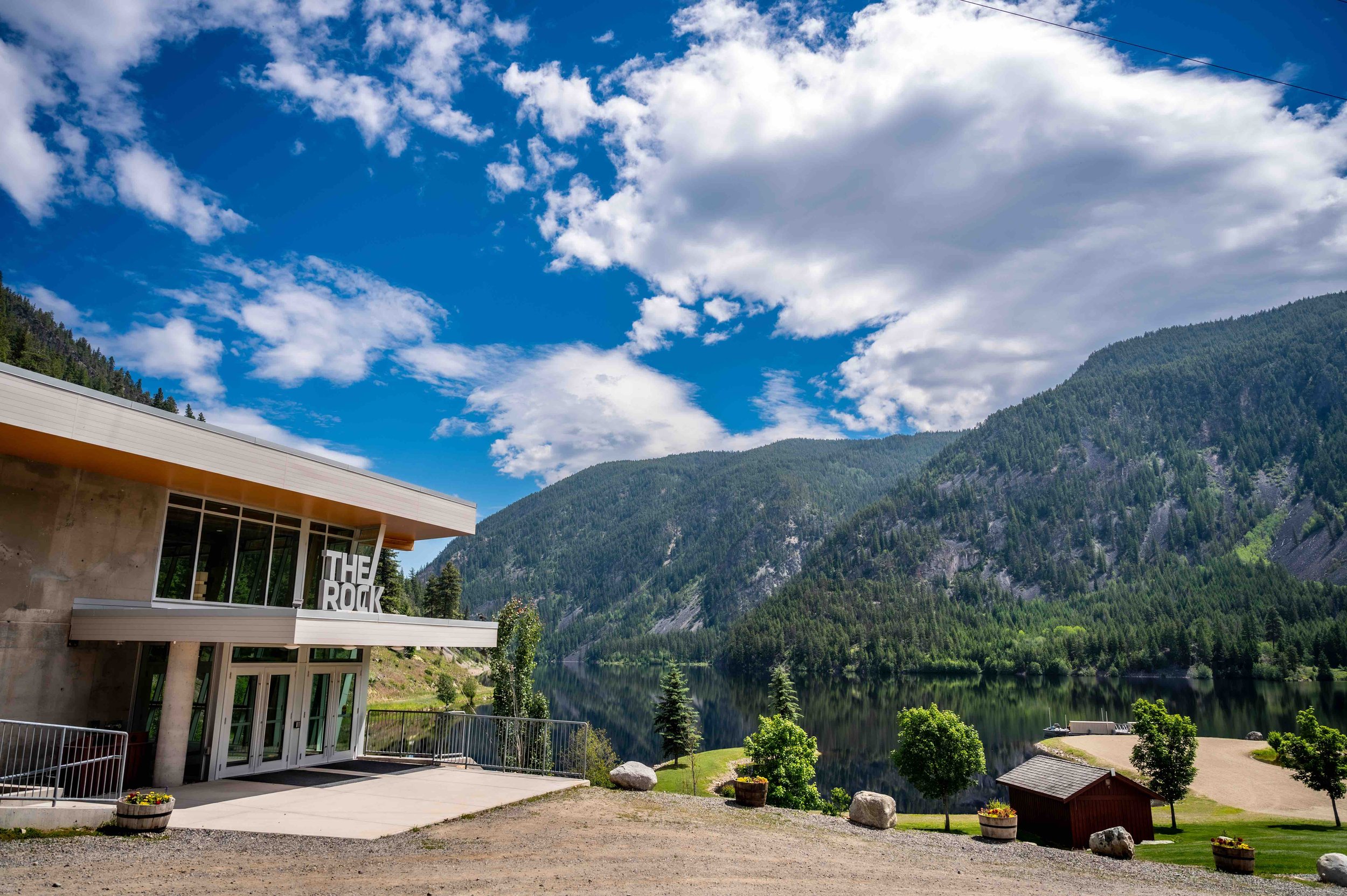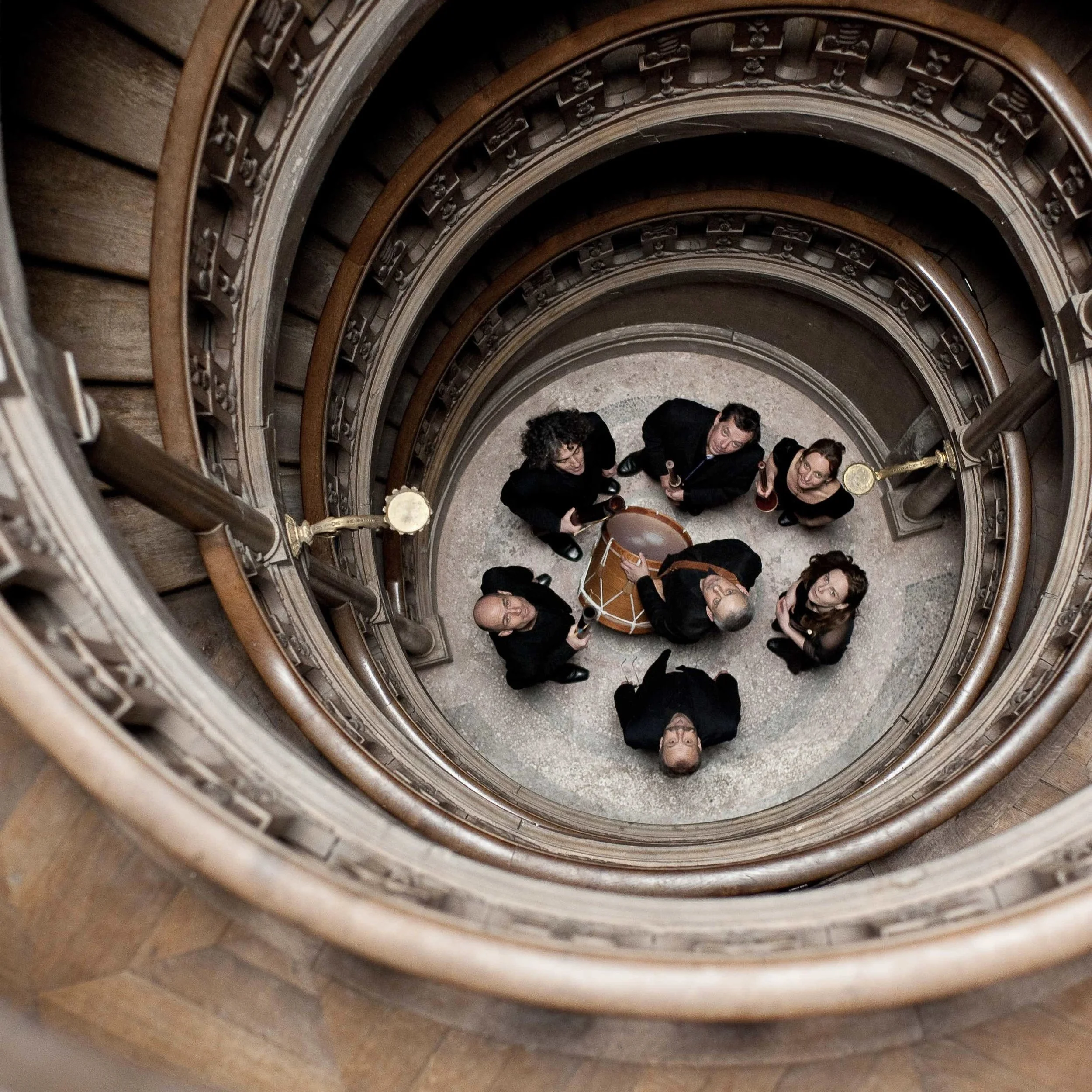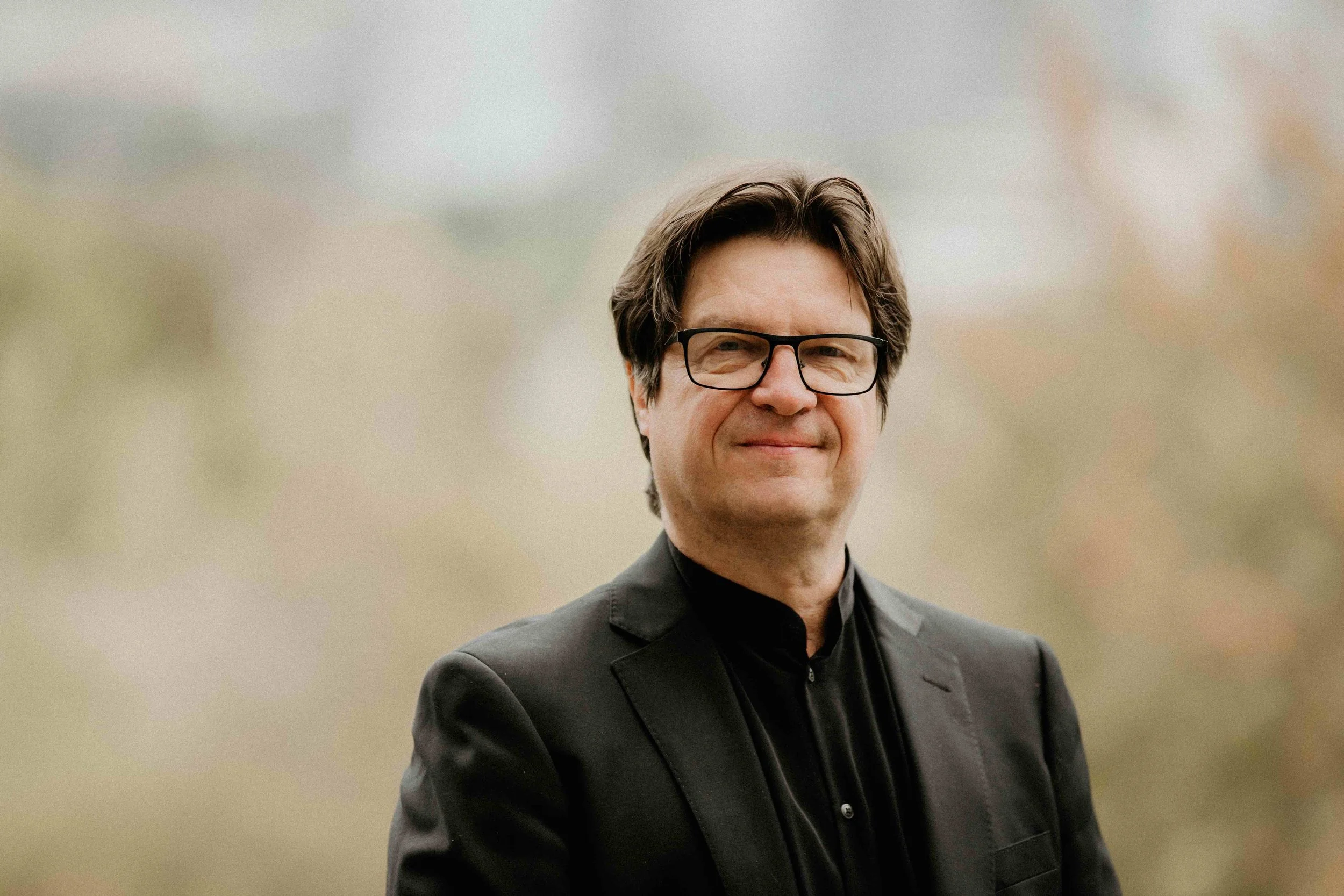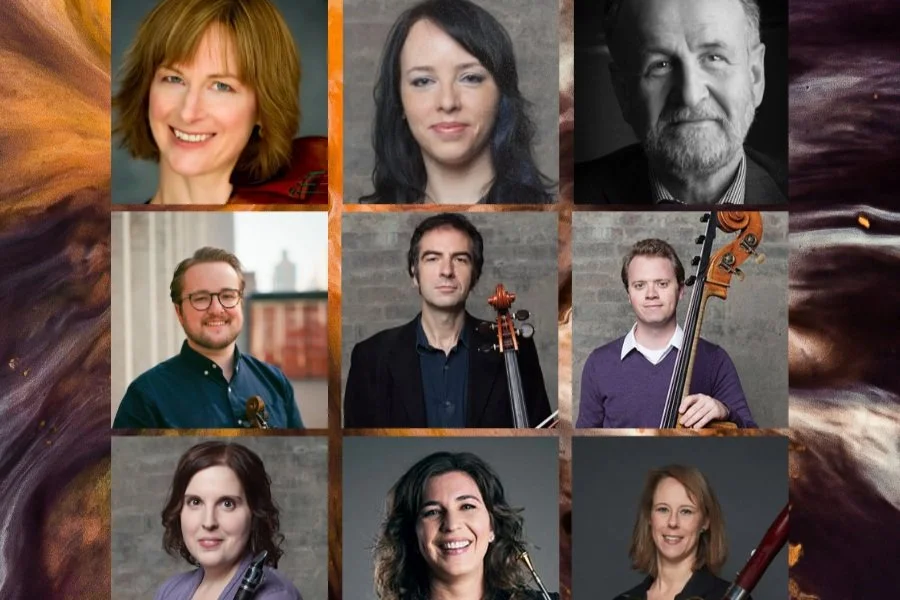Folk connections run deep for singer and banjo master Kaïa Kater
The artist, who grew up amid music fests, creates rich lyrics drawing on the personal and political
Kaïa Kater. Photo by Janice Reid
Blueshore at CapU and The Cultch present Kaïa Kater at the York Theatre on February 11
GRENADIAN-CANADIAN FOLK SINGER and banjo master Kaïa Kater brings a sense of warmth and connection to her concerts, creating an intimate live experience.
A masterful songwriter, expressive singer, and dazzling banjo player, the Montreal-based artist discovered her love of folk music at an early age, blossoming into her craft with the support of a creative household.
“My whole family was pretty musical,” Kater says in a phone interview with Stir before her show at the York Theatre on February 11. “My grandpa built harpsichords and acoustic guitars, so there was already a culture of valuing music in the house.
“Later, my mom got a job as the executive director of the Ottawa Folk Festival, and then the Winnipeg Folk Festival, so we moved to those cities, and just by virtue of being around my mom and around these festivals, I got even deeper into the Canadian music scene and the folk scene,” Kater continues. “While all this was happening, we were also travelling to upstate New York to a festival called Grey Fox Bluegrass Festival. All of these forces converged into me becoming interested in the banjo.”
Kater began playing banjo at the age of 12 under the instruction of Winnipeg Folk Festival founder Mitch Podolak, who encouraged her to attend folk-music camps across the U.S., eventually leading to Kater obtaining a scholarship to study Appalachian folk music in West Virginia. After graduation, she pursued the life of a touring musician.
“It’s very different from the pop industry—you’re kind of roughing it,” Kater says. “You're on the road in your Honda Civic and you’re driving to different venues or festivals, and you’re seeing a lot of people. There’s a lot of longevity, you see a lot of the same people at these different festival circuits. And so it feels like there’s a community happening.
“I just felt a lot of kindness from people in the scene, and I feel that now,” she continues. “I see younger folks coming up, and I feel the desire to be available for them as a resource.”
Released in 2024, Kater’s newest album, Strange Medicine, details a journey of contemplation and self-discovery that began in 2020, leading her to approach her creative process through a renewed perspective. In her song “In Montreal” (featuring Allison Russell), Kater relays the experience of yearning to leave the familiarity of her hometown, her pensive lyricism layering over finger-picked banjo harmonies. Sometimes her words allude to political history: building against driving percussion, clarinet, and standup bass, the potent “Fédon” (with guest Taj Mahal) centres on 18th-century Grenadian revolutionary Julien Fédon, who led an army of mostly enslaved Black men against the British colonists and plantation owners. (“We are marching/To your mansion in the night.”)
Kaïa Kater. Photo by Janice Reid
“When the pandemic hit, I was working a lot in the U.S. and I had an apartment in New York,” Kater says. “I realized very quickly that the borders were closing, so I raced back to Canada.
“I was jobless for the first time in my adult life,” she continues. “I decided to enroll in a program at the Canadian Film Centre in Toronto called the Slaight Music Lab, which is a program for working musicians to learn how to be film composers. It put me in such a different zone of being a student—learning new things and having mentors again. I really enjoyed going back to that place of not having to be a master at something, but to have joy in the learning process.”
The artist reflects that film and TV composition became a big source of her creativity.
“I stopped writing songs for my own solo project, but I kept helping other directors’ and writers’ creative visions flourish using the skill set that I had,” says Kater, whose songs have featured on the soundtrack of shows like the CBC TV and BET+ series The Porter. “Whenever I had a break from film projects, I would go back and write a little bit. And those songs became a vehicle for self-expression in a different way. When I had enough songs to track a new solo record, I went in with so much less pressure on my shoulders and a bigger skill set. I felt like I could explore my album soundscapes in a similar way that I had the permission to in film composition.”
Kater continues to divide her time between touring and her many creative projects, including working on her newest album with her string band, New Dangerfield.
“I go through these hollow periods where I don't write, and I feel like everything is just input, like I'm just collecting things,” Kater concludes. “Eventually I feel like I approach this place where I'm like, 'Okay, I'm ready to say something.'” ![]()












